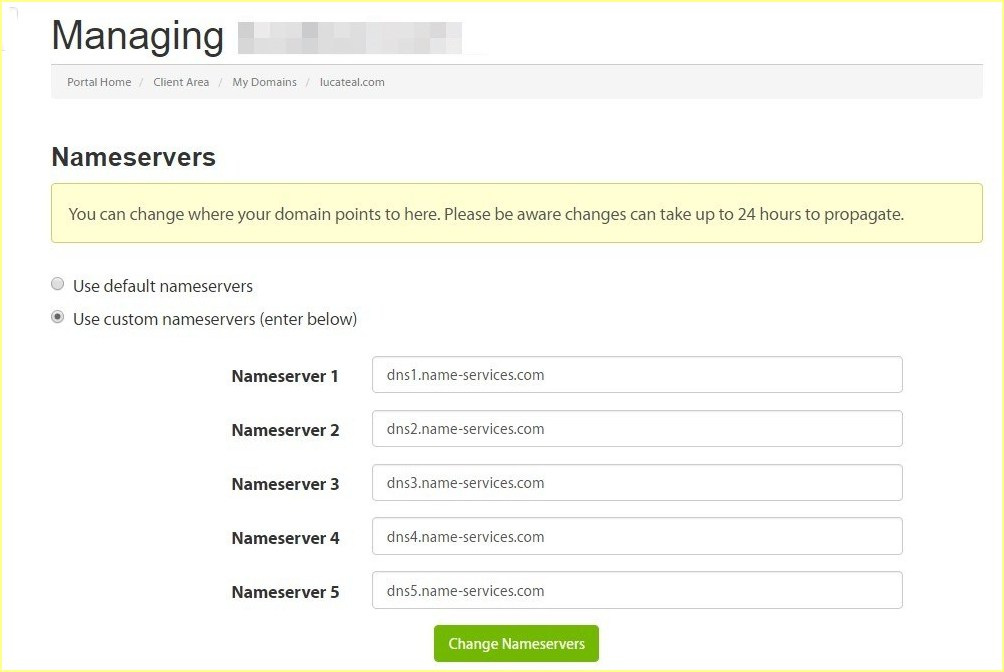
Date First Published: 24th January 2022
Subtopic: Network Identifiers
Topic: Computer Networking
Article Type: Computer Terms & Definitions
Difficulty: AdvancedDifficulty Level: 8/10
Learn about what nameservers are in this article.
Nameservers, also known as NS are types of DNS records that help connect the domain name with the IP address of the website. They allow people to visit websites by domain names instead of IP addresses and define the DNS provider of the domain.
For example, when pointing an external domain to a web hosting provider, it is necessary for the nameservers to configured. Nameservers normally look like this: NS1.FREEHOSTING.COM, NS2.FREEHOSTING.COM. They can be viewed when performing a WHOIS lookup for the domain name, which can be helpful for knowing where a website is hosted. Nameservers contain the DNS information, which is known as a zone file. The main purpose of a nameserver is to translate a domain name to an IP address. For example, when typing a domain name into your web browser, the request will get sent to the nameserver of that domain name and return the IP address of the website.
Nameservers are a core part of DNS and at minimum, there are two nameservers that need to be entered into the DNS records for a domain name, usually managed in the user’s domain registrar. Most web hosting providers do not use more than four nameservers. The main reason why most domain names use two nameservers is that the first nameserver is known as primary DNS and the second nameserver has another purpose. In the event of an issue that causes the website to go offline, the second nameserver acts as a backup requirement.
When the nameservers are updated, that domain name will immediately start pointing to the server specified. However, due to a process called DNS propagation, it can take up to 72 hours for these changes to be fully completed across the entire web. Making changes to DNS records has no effect on SEO or the URL. It just changes the DNS servers that the domain name points to.
It is possible for someone to have their own nameservers. This is known as private nameservers, and it is better as people have the opportunity to have nameservers that match their domain. As a result, this will make it easier for people to remember them and the hosting can be rebranded as their own.
If so, it is important that you tell me as soon as possible on this page.
Network Services Network Setups Network Standards Network Hardware Network Identifiers Network Software Internet Protocols Internet Organisations Data Transmission Technologies Web Development Web Design Web Advertising Web Applications Web Organisations Web Technologies Web Services SEO Threats To Systems, Data & Information Security Mechanisms & Technologies Computer Hardware Computer Software Ethics & Sustainability Legislation & User Data Protection